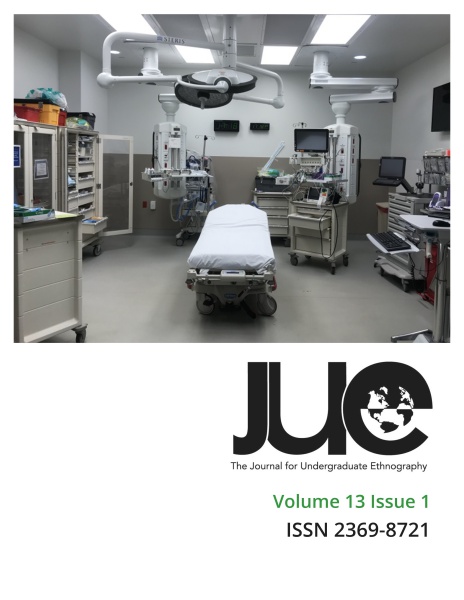It is Not OK to Die (With Dignity) in America: An Analysis of the United States‘ Denaturalization of Death and its Intimate Relationship with the SARS-CoV-2 Pandemic
DOI:
https://doi.org/10.15273/jue.v13i1.11648Palabras clave:
death, denaturalization, SARS-CoV-2, biomedicalization of aging, structural violenceResumen
The SARS-CoV-2 pandemic (COVID) transformed the everyday life of millions around the globe; however, many Americans never believed the virus—or the threat of death—was real to begin with. This research analyzes a systemic denaturalization of death and its processes within the United States, and subsequently identifies a public health crisis stemming from the biomedicalization of aging, illusory expectations of end-of-life care, and a generational pursuit to achieve a ‘good death‘ within a capitalist economy. Informed by over 1,300 hours of first-hand participant observation in two public health institutions in Indiana and interviews with medical providers discussing the impact their own (de)naturalization of death on patient care, this paper dissects American‘s social and cultural behavior regarding death, its processes, and its intimate connection to the SARS-CoV2 pandemic. While most Americans describe their worst nightmare for end of life, they are most often suffering and dying exactly as they fear: institutionalized and isolated. This explores why this is so.Descargas
Publicado
2023-02-20
Número
Sección
Articles


